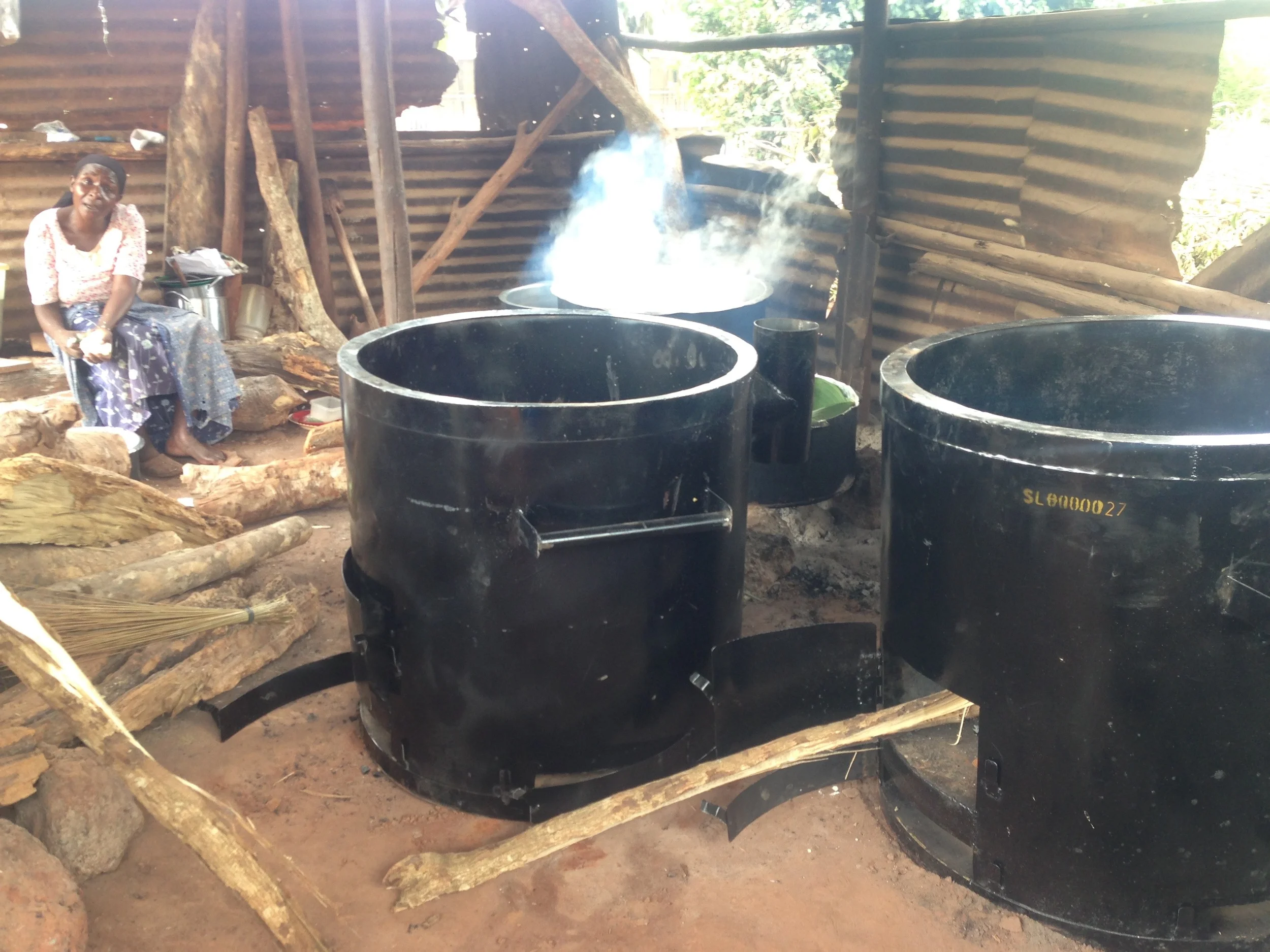Simoshi Ltd. would like to invite you to participate in the Stakeholder Feedback Round (SFR) of the Gold Standard/CDM carbon project ‘Institutional Improved Cook Stoves for Schools and Institutions in Uganda. As part of the carbon certification requirements defined by the Gold Standard Foundation, stakeholders should be given the opportunity to provide their feedback on the project through two separate rounds of stakeholder consultations. The first round is the Local Stakeholder Consultation (LSC), a physical meeting which took place on 10/06/2015 at Triangle Hotel in Kampala, the second round the SFR.
Simoshi is a limited company registered in Uganda. Its energy efficient project linked to carbon finance is capable of bringing cleaner, healthier and environmentally friendly institutional improved cook stoves (IICS) to low-income individuals and the poor, especially women and children. Revenues from carbon credits will enable Simoshi to upscale the project and carry out new investments within the education and technology sectors.
SImoshi is no longer applying for inclusion under the registered Improved Cook Stoves for East Africa (ICSEA) Limited Programme of Activities as still communicated during the LSC. Simoshi is now pursuing a Gold Standard/CDM stand-alone project registration.
Further, Simoshi would like to provide clarification to the stakeholders on the following since the same was not clearly and slightly differently presented during the LSC. The IICS project will include fixed or portable institutional stoves that use non-renewable firewood or renewable biomass (e.g. briquettes made out of agricultural residues or firewood from renewable plantations). These IICS are sold to schools/institutions who are allowed to pay back throughout the calendar year in three equal installments at zero interest rate. Alternatively, national and international donors support schools/institutions by covering partially or totally the cost of the IICS. All IICS receive free annual maintenance throughout the duration of the carbon finance project (up to 21 years).
You are kindly invited throughout the following 2 months to provide comments and/or suggestions for improvement to the following proposed methods for the continuous input & grievance mechanism:
- Via email: virginia@simoshi.org and info@goldstandard.org
- Via telephone: +256 (0) 790 885 455 (Virginia Echavarria, managing director Simoshi Ltd.) and +41 22 788 70 80 (Gold Standard Foundation)
- Continuous input & grievance expression process book located at Simoshi Limited office: Lubowa Valley Estate, Plot 5355, Block 273, Lubugumu, Wakiso District, Kampala.
The continuous input & grievance mechanism’s purpose is to maintain a transparent communication channel with local stakeholders throughout the crediting period of the project, in addition to the Local Stakeholder Consultation and Stakeholder Feedback Round.
A copy of the Project Design Document, Local Stakeholder Consultation Report and Gold Standard Passport can be accessed here to provide detailed information about the project. These documents will also be available at Simoshi’s office and Simoshi (www.simoshi.org) and GS website (www.goldstandard.org). The documents describe how your comments received during the Local Stakeholder Consultation have been taken into account, and allow you to provide any further comments, concerns or suggestions until 02/02/2017.
Please provide your feedback by Email sent to Virginia Echavarria (virginia@simoshi.org) or by phone +256 (0) 790 885 455.



































































